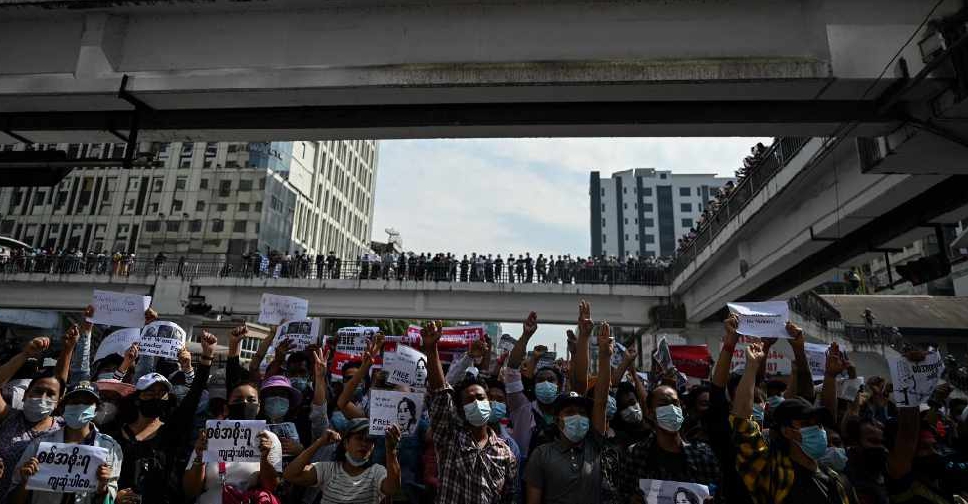
Myanmar police on Monday warned protesters to disperse or face force shortly after state television signalled impending action to stifle mass demonstrations against the military coup.
Tens of thousands of people joined a third day of street demonstrations in towns and cities across the country to denounce the military for its seizure of power last Monday.
In the capital Naypyitaw, three lines of police in riot gear could be seen across a road as protesters chanted anti-coup slogans and told police they should serve the people not the military, according to media and a live feed of events.
Police placed a sign in the road saying that live ammunition could be used if demonstrators breached the third line of officers.
Earlier, police in Naypyitaw briefly turned water cannon on protesters.
Reuters has been unable to contact the junta for comment on the protests, but state media signalled possible action against them in the first comment from any government channel, saying the public wanted rid of "wrongdoers".
"We, the whole people who value justice, freedom, equality, peace and safety, not only refuse to accept the lawless wrongdoers but also request that they be prevented and removed through cooperation," the MRTV television station said in a comment.
Though not attributed to any authority or group, it was later read out on a military-owned network.
Calls to join protests and to back a campaign of civil disobedience have grown louder and more organised since the coup, which drew widespread international condemnation.
Gatherings have been good natured and largely peaceful, unlike bloody crackdowns on previous protests, in 1988 and 2007 in particular.
Thousands also marched also in the southeastern city of Dawei and in the Kachin state capital in the far north, the massive crowds reflecting a rejection of military rule by diverse ethnic groups, even those who have been critical of Suu Kyi and accused her government of neglecting minorities.
In Yangon, a group of saffron-robed monks, who have a history of rallying community action in the overwhelmingly Buddhist country, marched in the vanguard of protests with workers and students. They flew multicoloured Buddhist flags alongside red banners in the colour of Suu Kyi's National league for Democracy (NLD), which won a landslide election in November.
"Release Our Leaders, Respect Our Votes, Reject Military Coup," said one sign.
The protests are the biggest since the "Saffron Revolution" led by monks in 2007, which led over subsequent years to the military's gradual withdrawal from politics after decades of direct rule, a process brought to a jarring halt by the February 1 coup.





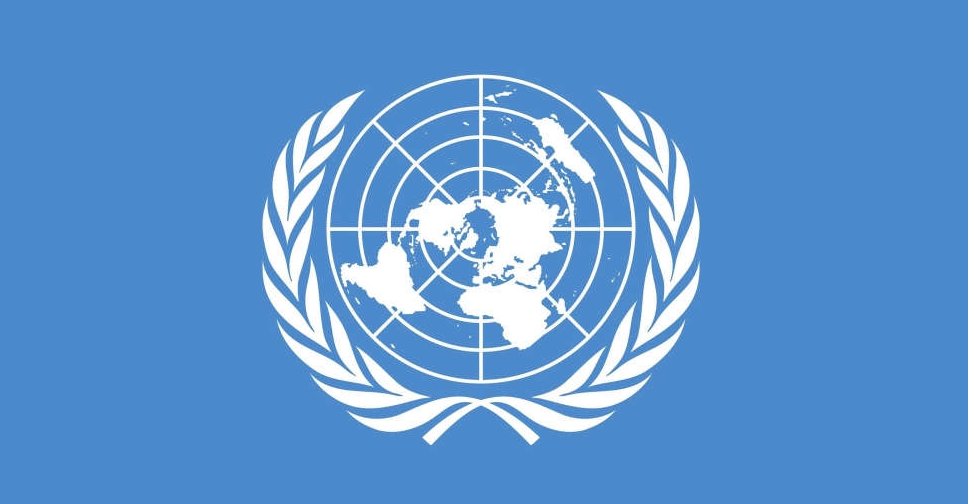 UN warns funding cuts threaten vital aid
UN warns funding cuts threaten vital aid
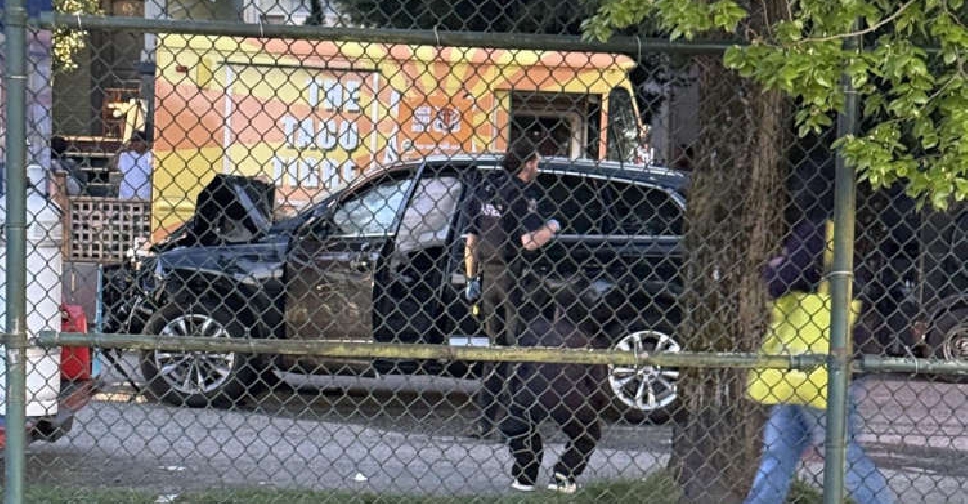 Multiple dead in Vancouver after vehicle plows into street festival
Multiple dead in Vancouver after vehicle plows into street festival
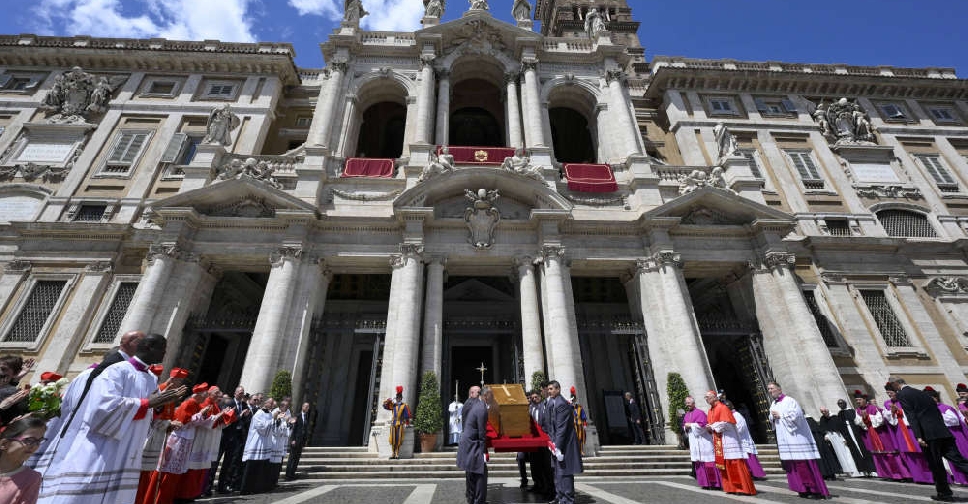 Rome and the world bid farewell to Pope Francis
Rome and the world bid farewell to Pope Francis
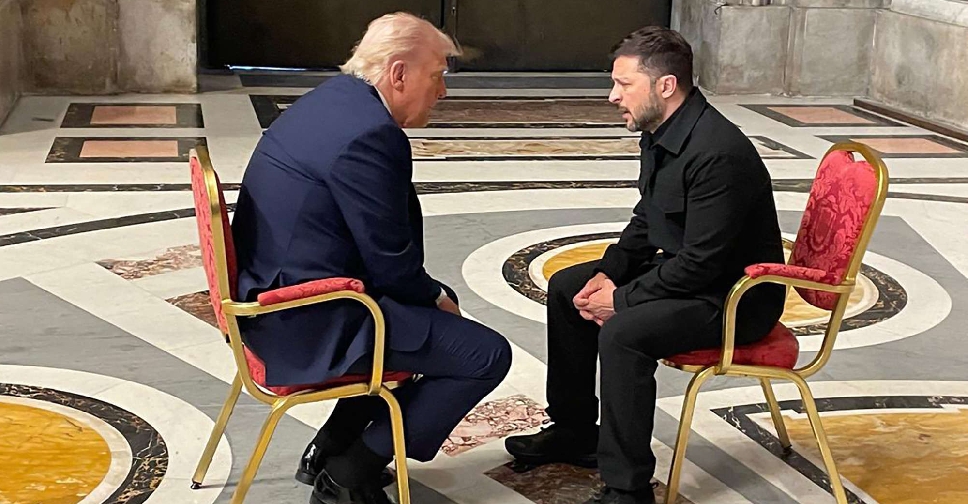 Trump, Zelenskyy meet in Vatican basilica to seek Ukraine peace
Trump, Zelenskyy meet in Vatican basilica to seek Ukraine peace

